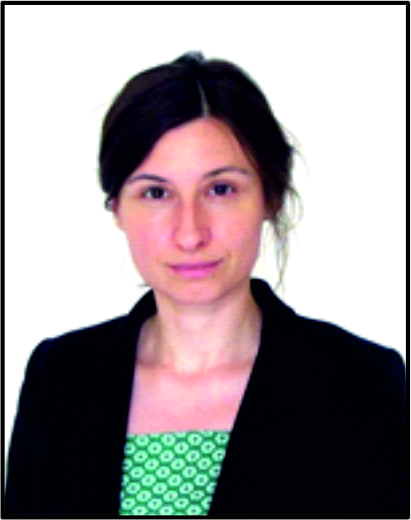Gratitude to my Guru
The first time I met prof. M. A. Lakshmithathachar was in 2007, when, after graduating from the University of Venice in Italy, I had the chance to move to India thanks to an ICCR (Indian Council for Cultural Relations) grant for graduate studies in Indology. My research on the ancient performing arts and their relationship to temple sculptures took me to Mysuru where I was planning to visit a great number of Hoysala temples, work on my Sanskrit, and study the nāṭya and śilpa śāstras. In Mysuru, I met several wonderful people and great scholars that shaped me as a person and as a researcher: Dr. M. A. Jayashree, Dr. M.S. Nagaraja Rao, and vidvan H. V. Nagaraja Rao, to name a few. My gratitude to all of them is immense. During one of my days in Mysuru, a day as usual filled with Sanskrit and readings, I felt the desire of studying Sanskrit while also living in a traditional environment. Professor M. A. Lakshmithathachar and his family were the natural choice for this, while the temple town of Melkote was the perfect place for such experience.
My journey to meet M. A. Lakshmithathachar started on an early morning bus from Mysuru to Srirangapatna; I was told that he was teaching the Rāmāyaṇa to a young student in a hut along the Kaveri River. I went there every morning for several days, without much interaction with them, mostly to observe, a bit puzzled about what to do. During my visits there, I remember that Professor seemed to be interested in two specific facts: for how long I planned to stay in India, and what was I interested in learning. My answers must have pleased him because, after maybe a week, he told me that he accepted me as a student at one condition: that I would never give him any money. To my surprised reaction, he replied that “money spoils everything. If you pay me to teach, I am not free to teach”.
This was the start of an extraordinarily rich time for me: I spent almost two years living with Professor's family in Melkote, while he always sticked to his “no money” rule. Two years full of early morning Sanskrit sessions, Pāṇini, the nāṭya and śilpa śāstras, trips to temples, farms, and cow fairs. But also: songs, flower garlands, dosas, amazing coffee (my drinking of which he disapproved and always used to comment with the same sentence: “we all deserve our own poison”, to our mutual amusement), and the most delicious food I have ever had in my life. Because the best part of Prof. M. A. Lakshmithathachar was Srimati Goda, his wife, who loved me, cared for me, and in a short time carved her place in my heart forever.
It must have been a weird sight, Prof. M. A. Lakshmithathachar, the respected orthodox brahmin, and I, the videshi girl from Italy. But it worked for us, and it certainly enriched me beyond imagination. M.A. Lakshmithathachar and his family: Goda, Alwar, Vidya, and Ananth, filled that “weird” with love and compassion, sharing with me way more than the wonders of Sanskrit and the śāstras. As years pass, I can only say that I try every day to honor their teachings with my own students, and that I will never be able to repay my debt with them.
